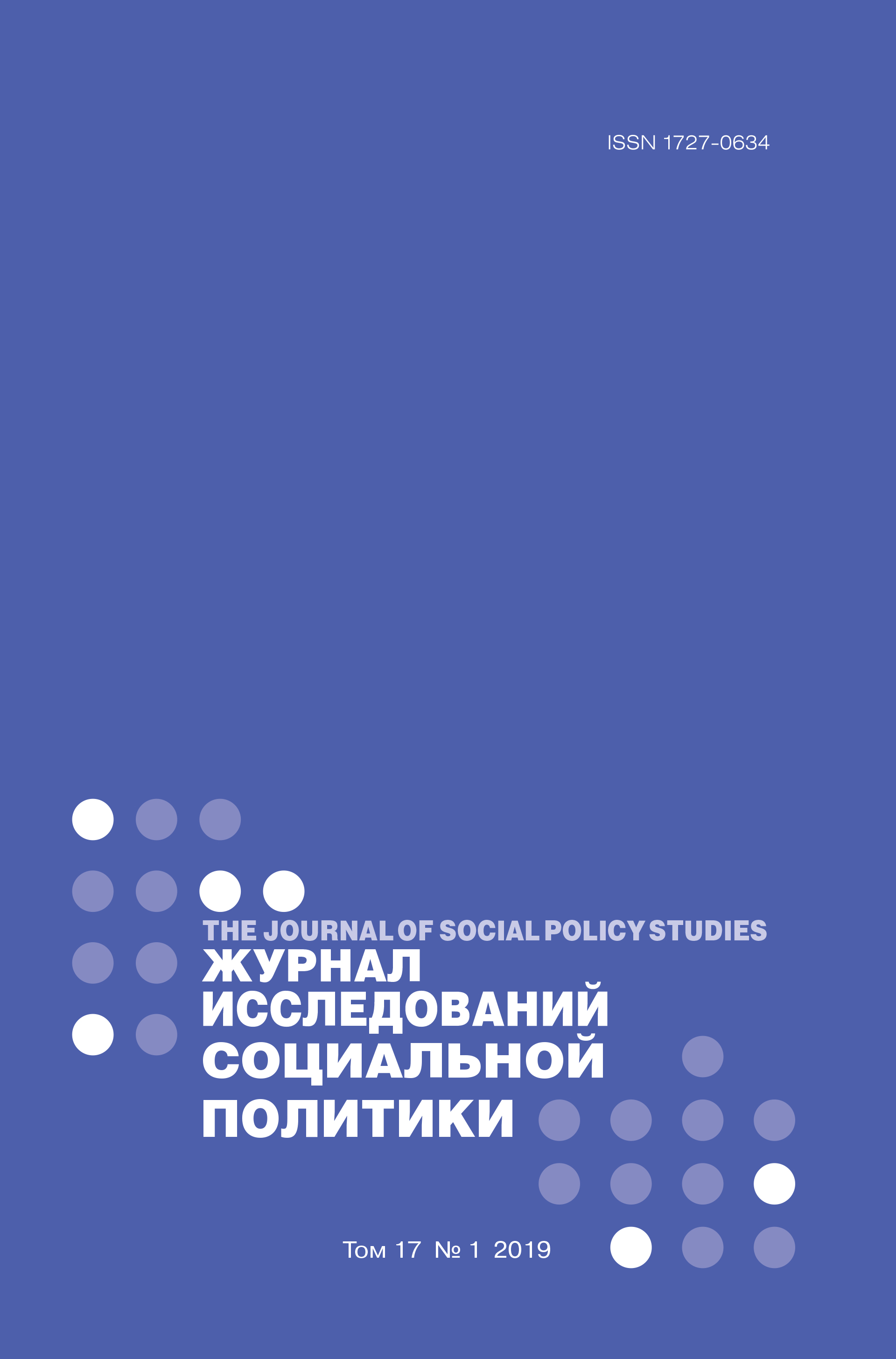The Crisis of the Traditional North Caucasian Family in the Post-Soviet Period and Its Consequences
Abstract
The North Caucasus is often treated as a region where family traditionalism has been very well preserved until the present day, something seen in strong gender asymmetries, the high authority of elder people within families, and widespread acceptance of family violence. However, this research shows that the traditional model of the North Caucasus family at present is in crisis. This thesis emerges from an analysis of both qualitative and quantitative data. Evidence taken from qualitative fieldwork in several regions of the North Caucasus in 2014–2018 highlight the possible reasons behind and consequences of this weakening of generation and gender hierarchies within a family, which brings with it the liberation of nuclear families from kinship and local community pressure. A quantitative online survey conducted in 2017 confirmed the weakening of generational hierarchies and the role of radical Islam in this process, but at the same time demonstrated that a conservative turn has occurred with regard to gender issues. This turn is accompanied by an increasing gap in the gender values of men and women which can form the basis for the future crisis in this area (that gap was of different size in different regions of the North Caucasus). It is found that non-traditional Islam has a strong impact on family practices, which is rather contradictory as it on the one hand it strengthens gender asymmetries while, on the other, emphasizes personal responsibility instead of family duties. The social consequences of this crisis in the traditional family are mainly related to the inability of elders to control the younger generations and the inefficiency of their appeals to authority in situations where North Caucasus youth behave inappropriately in other Russian regions or come under the influence of Islamic radicalization. Finally, the failings of a youth policy based on the assumption of unbreakable family traditionalism in the North Caucasus is also discussed.















